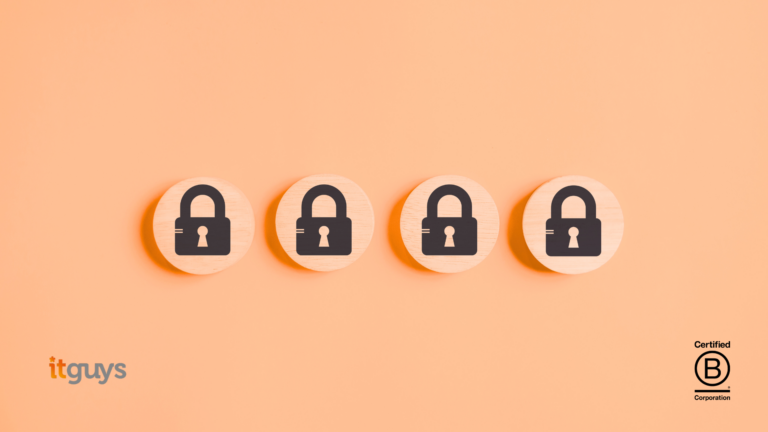Being cyber secure is essential for any charity, no matter what size your organisation is.
Protecting the sensitive data of donors, maintaining the trust of stakeholders, and safeguarding critical operations are paramount for charities. To enhance cybersecurity and mitigate potential risks, consider implementing the following IT security checklist we have created – specifically tailored for charitable organisations:
- Develop a Comprehensive Security Policy:
- Establish a clear and concise IT security policy that outlines expectations, responsibilities, and acceptable use of technology within the organisation.
- Define procedures for handling sensitive data, password management, and reporting security incidents.
- Ensure Regular Software Updates and Patching:
- Regularly update and patch operating systems, applications, and plugins to address vulnerabilities and protect against potential exploits.
- Enable automatic updates where possible to ensure timely installation of security patches.
- Implement Strong Access Controls:
- Enforce strong password policies that require a combination of uppercase and lowercase letters, numbers, and special characters.
- Implement multi-factor authentication (MFA) for accessing critical systems and sensitive data.
- Conduct Employee Training and Awareness:
- Provide comprehensive cybersecurity training to all staff and volunteers, emphasising safe online practices, phishing awareness, and reporting suspicious activities. Remember: you are only as strong as your weakest link. Your team are your human firewall!
- Regularly reinforce best practices and share information about emerging threats and scams.
- Secure Network Infrastructure:
- Utilise virtual private networks (VPNs) for secure remote access and protect sensitive communications and data transmission.
- Never use public wifi networks! They may not be safe – a VPN service can safeguard your online connectivity.
- Protect Against Malware:
- Deploy and regularly update antivirus and anti-malware software on all systems to detect and mitigate threats.
- Educate staff about safe browsing habits, avoiding suspicious websites or links, and exercising caution when opening email attachments.
- Regularly Backup Critical Data:
- Establish a regular backup schedule for critical data and ensure backups are securely stored both onsite and offsite.
- Test your backups! Devise a process to verify the integrity and reliability of backups.
- Manage User Access Privileges:
- Assign user access rights based on the principle of least privilege, ensuring employees only have access to the data and systems required for their roles.
- Regularly review and revoke unnecessary access privileges to minimise the risk of unauthorised access.
- Secure Mobile Devices:
- Implement mobile device management (MDM) solutions to enforce security policies and remotely manage devices used by employees and volunteers.
- Encourage the use of strong passcodes or biometric authentication and the installation of security updates on mobile devices.
- Establish Incident Response Procedures:
- Develop an incident response plan that outlines the steps to be taken in the event of a security incident, including incident reporting, containment, and recovery.
- Regularly review and test the plan through tabletop exercises and simulations to ensure its effectiveness.
- Engage External Security Assessments:
- Engage professional security consultants to perform independent audits and provide guidance on improving cybersecurity practices.
By implementing these IT security measures, charities can strengthen their cybersecurity defences, protect sensitive data, and safeguard critical operations.
Remember that cybersecurity is an ongoing effort, requiring regular updates, employee awareness, and proactive measures to stay safe.






